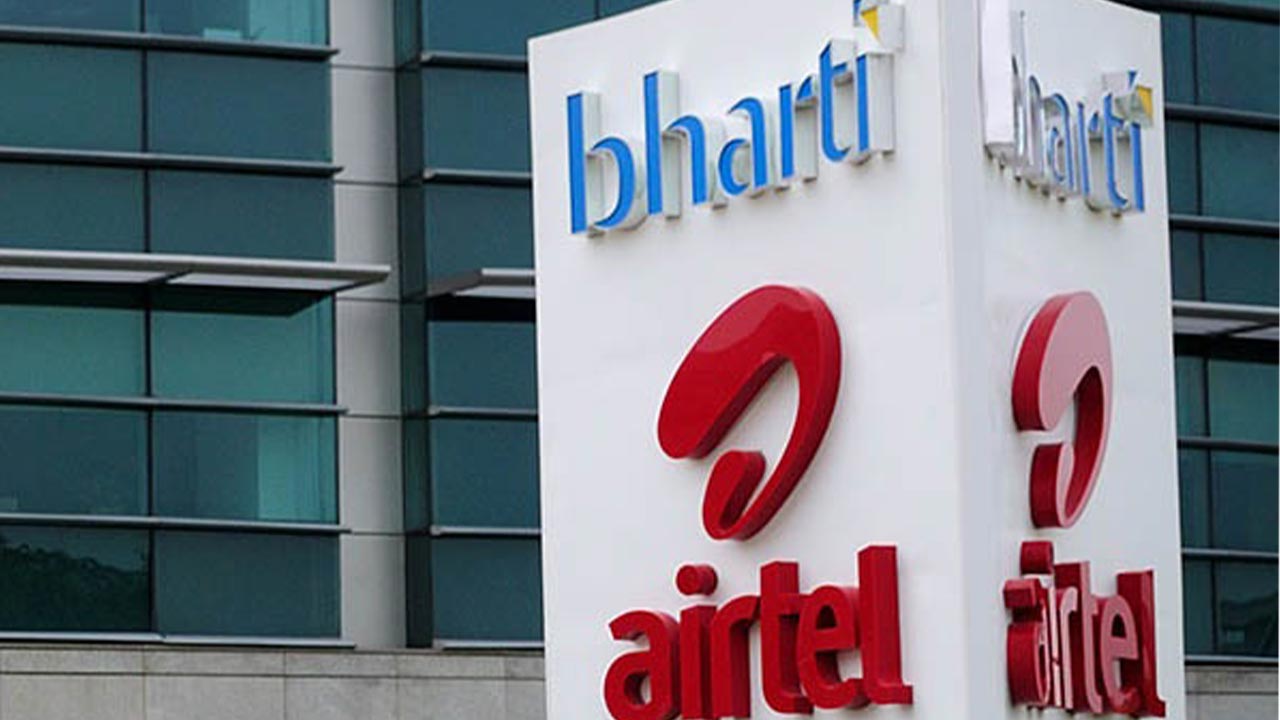- Bharti Airtel Africa’s Loss Slashed to $91 Million
From a $170 million loss a year ago in its Africa’s operations, India’s telecommunications firm, Bharti Airtel, sharply narrowed its net loss in the continent’s operations to $91 million.
The firm, owned by India’s business mogul, Sunnil Bharti Mittal, hinged the slash on growth in data customers and consumption and currency stabilisation in most markets, except for Nigeria, where the Naira depreciated by 7.9 per cent. Revenue for the continent rose 3.7 per cent to $898 million.
Chief Operating Officer of Africa, Raghunath Mandava, said that underlying Africa revenue growth for the quarter was 4.7 per cent year- on-year, backed by focus on profitable top line growth, led by localised distribution, stronger data networks and the company’s war on waste programme.
In Nigeria, the firm, which is headed by Segun Ogunsanya, currently controls 22 per cent of the market and services over 32 million customers across the country.
The telecommunications firm claimed that its second-quarter net profit fell almost five per cent from a year earlier, as its voice and data businesses came under pressure with the entry of Reliance Jio Infocomm in India, and its interest burden rose. The Indian top telecom company beat market estimates, though, as it controlled costs.
According to ET India, the company posted a net profit of Rs 1,461 crore for the three months ended September, topping the average estimate of about Rs 1,200 crore in an ET poll of analysts. Profit was little changed from Rs 1,462 crore in the April-June quarter.
Revenue climbed 3.4 per cent to Rs 24,652 crore from a year earlier and the telco ended the quarter with more than 363 million customers across India, South Asia and Africa, Bharti Airtel said in a statement. In India, which makes up over 77 per cent of overall revenue, the company had almost 260 million mobile subscribers.
“Overall revenue momentum in India has been sustained during Q2 with a growth of 10.1 per cent Y-o-Y. This is primarily due to the strong performance of our non-mobile businesses, which grew in aggregate at 18.8 per cent Y-o-Y, albeit our mobile business has experienced a slowdown in growth due to free services being offered by a new operator,” Managing Director and Chief Executive Officer, India & South Asia, Gopal Vittal, said in the statement.
Bharti Airtel said separately that it plans to sell a “significant” stake in tower unit Bharti Infratel, without giving further details. The company holds almost 72 per cent in the unit. Infratel shares climbed 2.4 per cent to Rs 378.7 at the close on the BSE Tuesday, giving it a market capitalisation of almost Rs 72,000 crore. Airtel shares gained 1.5 per cent to Rs 311.05.
Jio, backed by India’s richest person Mukesh Ambani, started commercial operations on September 5, with a free voice and data offer. Incumbents, including Bharti Airtel, were forced to slash effective data rates and even offer free voice calling on some plans. Existing telcos had started cutting rates even before Jio’s launch, all of which hurt key operational metrics such as average revenue per user (ARPU) and average revenue per minute (ARPM).
While the rate cuts helped Airtel to add data subscribers, it hasn’t been able to offset the fall in rates, thus lowering data revenue per user and sharply slowing the pace of data revenue growth, expected to be the mainstay at a time voice business has been slowing. The Jio effect added to the woes of Airtel – almost a third owned by Singapore Telecommunications – in a quarter that’s historically weak for all telcos as subscribers tend to make fewer calls, hurting minutes of usage (MoU).
Airtel’s ARPU for voice and data combined fell four per cent on quarter while MoU declined 0.5 per cent sequentially. Both voice and data ARPUs fell two per cent and 0.5 per cent on quarter, while realised rates for both services dropped 3.2 per cent and 10 per cent.
However, the company’s data customer base grew 6.4 per cent on quarter and almost 23 per cent on year, with data usage gaining 10.6 per cent on quarter. Data now accounts for 24.7 per cent of the carrier’s India mobile revenue, compared with 23.7 per cent in the previous quarter. Mobile data revenue during the quarter grew 23.6 per cent on year, sharply slower than about 60 per cent at the same time last year.
Airtel said the percentage of users leaving the network widened to 3.7 per cent in the quarter from 3.5 per cent a year ago due to competitive pressures.

 Billionaire Watch2 weeks ago
Billionaire Watch2 weeks ago
 Startups4 weeks ago
Startups4 weeks ago
 News4 weeks ago
News4 weeks ago
 News4 weeks ago
News4 weeks ago
 Bitcoin4 weeks ago
Bitcoin4 weeks ago
 Naira4 weeks ago
Naira4 weeks ago
 Forex3 weeks ago
Forex3 weeks ago
 Treasury Bills4 weeks ago
Treasury Bills4 weeks ago

























